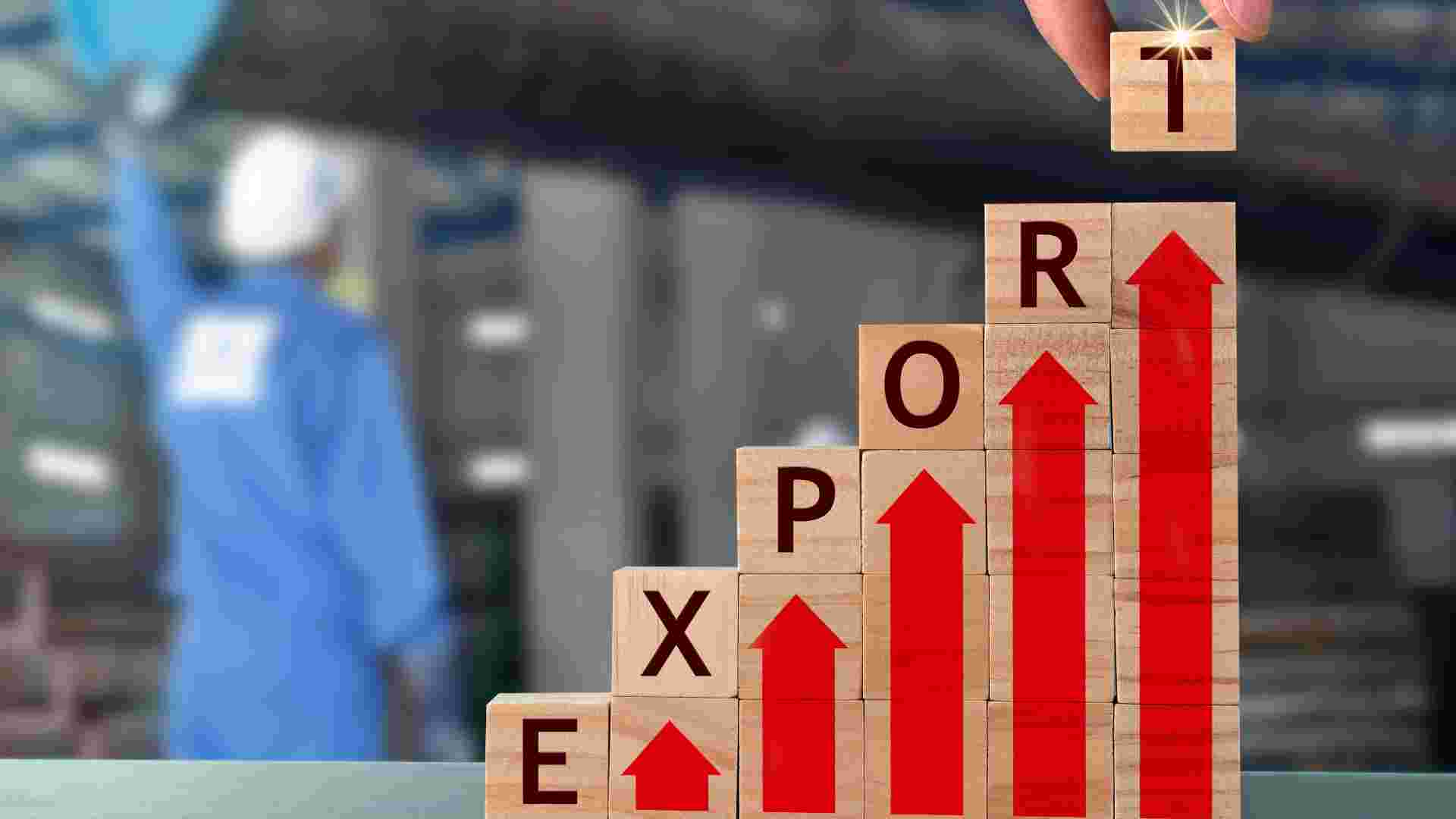![]()
Explain the documentation and compliance requirements for businesses involved in Catalytic Converter Exports from India: The export of catalytic converters is subject to various regulations, particularly concerning environmental protection and international trade. The Ministry of Environment, Forest & Climate Change (MoEFCC) in India plays a crucial role in formulating and implementing environmental policies. Compliance with these regulations is vital for businesses to ensure sustainable practices and adherence to legal requirements.
1. Documentation Requirements:
Environmental Clearance:
- Businesses involved in catalytic converter exports may need to obtain environmental clearances from the relevant environmental authorities. This process typically involves submitting an Environmental Impact Assessment (EIA) report, detailing the potential environmental impacts of the business activities.
Import-Export Documentation:
- Standard export documentation, including invoices, packing lists, and bills of lading, is required for any export activity. Customs authorities will need these documents to clear the goods for export.
Hazardous Waste Documentation:
- Catalytic converters may contain materials classified as hazardous waste. Businesses must comply with regulations related to the export of hazardous waste, including obtaining the necessary permits and providing detailed documentation on the nature of the waste and its handling.
Compliance with International Standards:
- Businesses should adhere to international standards for catalytic converters, such as those set by the International Organisation for Standardization (ISO) and other relevant bodies. Compliance with these standards enhances the quality of products and facilitates international trade.
2. Compliance Requirements:
Waste Management and Disposal:
- Proper disposal and management of catalytic converter waste are critical. Businesses must comply with guidelines for safely handling, recycling, or disposal of used catalytic converters to minimise environmental impact.
Emission Standards:
- Catalytic converters play a role in controlling vehicle emissions. The business should ensure that the catalytic converters manufactured or exported meet the emission standards set by both domestic and international regulatory bodies.
Quality Control and Testing:
- Implementing rigorous quality control measures is essential. Regular testing of catalytic converters to ensure they meet specified performance standards is crucial for compliance.
Export Control Regulations:
- Exporting catalytic converters may be subject to export control regulations. Compliance with these regulations, including obtaining necessary licenses, is essential for lawful international trade.
Customs Compliance:
- Businesses must adhere to customs regulations for the export of goods. This includes accurate classification of products, payment of duties and taxes, and compliance with trade agreements between countries.
Reporting and Record-keeping:
- Maintaining comprehensive records of business activities, including production, export, and waste management, is crucial for demonstrating compliance. Regular reporting to regulatory authorities may also be required.
Conclusion: Catalytic Converter Exports
The Ministry of Environment, Forest & Climate Change in India, along with other relevant authorities, sets stringent documentation and compliance requirements for businesses involved in catalytic converter exports. To navigate these requirements successfully, businesses should stay informed about the latest regulations, engage in proactive environmental management, and establish robust quality control processes. Collaborating with environmental consultants and legal experts can help ensure that businesses meet all necessary standards and contribute to sustainable and responsible international trade. It’s imperative for businesses to regularly review and update their practices in line with evolving regulatory landscapes.





